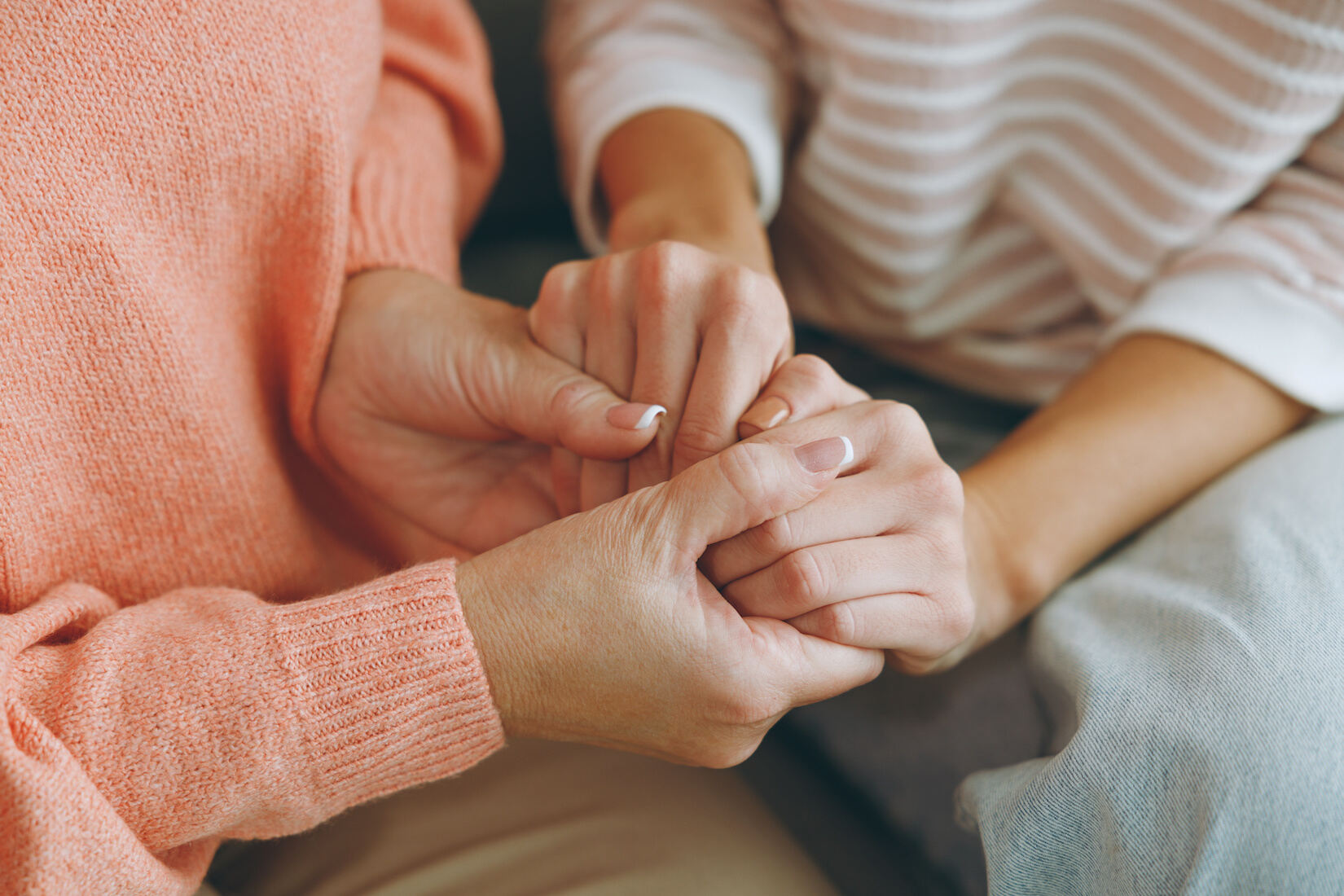
Forgiveness is a powerful tool that can transform lives. But what exactly makes it so impactful? Forgiveness isn't just about letting go of grudges; it's about freeing yourself from the chains of anger and resentment. Imagine carrying a heavy backpack filled with rocks. Each rock represents a grudge or hurt. Forgiveness is like taking those rocks out, one by one, until the load is lighter. Studies show that forgiving others can lead to better mental health, lower stress levels, and even improved physical well-being. Curious about how forgiveness can change your life? Here are 26 facts that will open your eyes to its incredible benefits.
Key Takeaways:
- Forgiveness has mental and physical health benefits, including reducing anxiety, improving heart health, and boosting the immune system. It's a skill that can be learned and has historical and psychological significance.
- Forgiveness is important in modern society, improving workplace dynamics, enhancing social interactions, reducing violence, aiding in conflict resolution, and fostering empathy. Science shows that forgiveness activates the decision-making and empathy areas of the brain.
The Power of Forgiveness
Forgiveness is a powerful tool that can transform lives. It’s not just about letting go of anger but also about healing and moving forward. Here are some fascinating facts about forgiveness that might surprise you.
-
Forgiveness can improve mental health. Letting go of grudges can reduce anxiety, depression, and stress.
-
It can lower blood pressure. Studies show that forgiving others can lead to better heart health.
-
Forgiving doesn't mean forgetting. It’s about acknowledging the hurt and choosing to move past it.
-
It can strengthen relationships. Forgiveness can rebuild trust and deepen connections.
-
Forgiveness is a skill. Like any skill, it can be learned and improved with practice.
Historical Perspectives on Forgiveness
Throughout history, forgiveness has played a crucial role in various cultures and religions. Understanding its historical context can provide deeper insights.
-
Ancient Egyptians believed in Ma'at, the concept of truth and balance, which included forgiveness.
-
In Christianity, Jesus emphasized forgiveness, teaching followers to forgive "seventy times seven" times.
-
Hinduism views forgiveness as a virtue, essential for spiritual growth.
-
Buddhism teaches that forgiveness is necessary to end suffering and achieve enlightenment.
-
Native American tribes often used forgiveness rituals to restore harmony within the community.
Psychological Benefits of Forgiveness
Forgiveness isn't just a moral choice; it has significant psychological benefits. Here’s how it impacts the mind.
-
It can increase self-esteem. Forgiving others can make you feel more confident and empowered.
-
Forgiveness can reduce symptoms of PTSD. Veterans who practice forgiveness therapy show fewer PTSD symptoms.
-
It promotes emotional stability. Forgiving people tend to have more balanced emotions.
-
Forgiveness can enhance overall well-being. People who forgive report higher levels of happiness and life satisfaction.
-
It can reduce feelings of hostility. Letting go of anger can lead to a more peaceful state of mind.
Physical Health Benefits of Forgiveness
Forgiveness doesn’t just affect the mind; it has tangible benefits for the body too. Here are some ways it can improve physical health.
-
It can boost your immune system. Forgiving others can lead to better immune function.
-
Forgiveness can improve sleep. People who forgive tend to have better sleep quality.
-
It can reduce chronic pain. Studies show that forgiveness can help alleviate pain conditions.
-
Forgiveness can lead to a longer life. People who practice forgiveness tend to live longer, healthier lives.
-
It can improve heart health. Lower stress levels from forgiveness can lead to a healthier heart.
Forgiveness in Modern Society
In today’s fast-paced world, forgiveness is more important than ever. Here’s how it plays a role in modern society.
-
It can improve workplace dynamics. Forgiving colleagues can lead to a more harmonious work environment.
-
Forgiveness can enhance social interactions. People who forgive are often more socially connected.
-
It can reduce societal violence. Communities that practice forgiveness tend to have lower crime rates.
-
Forgiveness can aid in conflict resolution. It’s a key component in peace-building efforts worldwide.
-
It can foster a culture of empathy. Forgiving others can lead to greater understanding and compassion.
The Science Behind Forgiveness
Science has delved into the mechanisms of forgiveness, revealing fascinating insights. Here’s what research has uncovered.
- Brain scans show that forgiveness activates the prefrontal cortex, the area responsible for decision-making and empathy.
The Power of Forgiveness
Forgiveness isn't just a noble act; it's a powerful tool for personal growth and emotional well-being. Letting go of grudges can reduce stress, improve mental health, and even strengthen relationships. It’s not about forgetting or excusing harmful behavior but about freeing yourself from the burden of anger and resentment. Studies show that people who practice forgiveness experience lower blood pressure and a stronger immune system. It’s a gift you give yourself, allowing you to move forward with a lighter heart. Remember, forgiveness is a journey, not a destination. It takes time, patience, and sometimes, a lot of courage. But the benefits are worth the effort. So next time you’re holding onto a grudge, consider the power of forgiveness. It might just change your life for the better.
Frequently Asked Questions
Was this page helpful?
Our commitment to delivering trustworthy and engaging content is at the heart of what we do. Each fact on our site is contributed by real users like you, bringing a wealth of diverse insights and information. To ensure the highest standards of accuracy and reliability, our dedicated editors meticulously review each submission. This process guarantees that the facts we share are not only fascinating but also credible. Trust in our commitment to quality and authenticity as you explore and learn with us.
